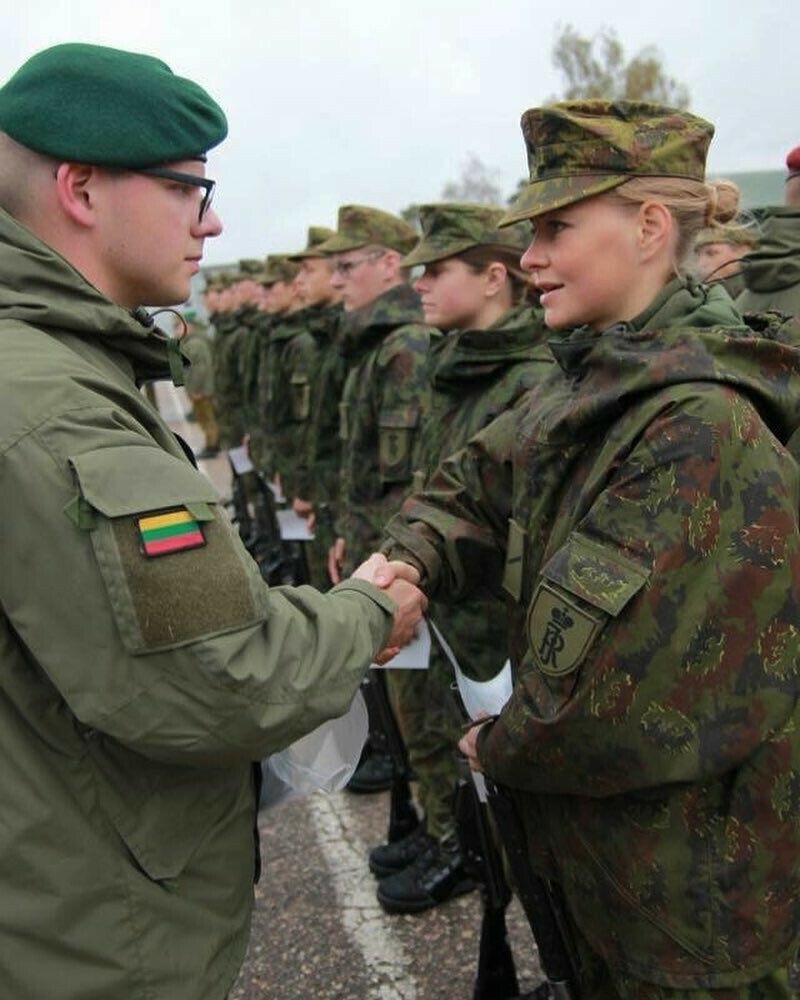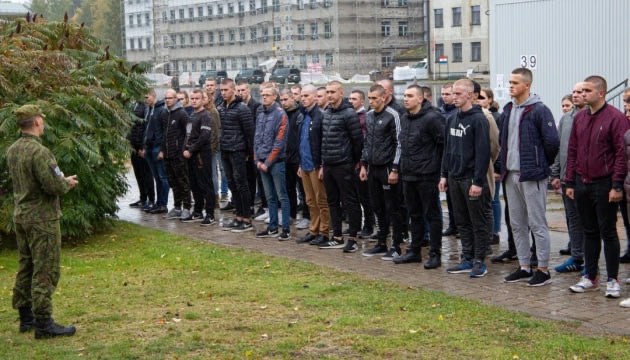In a significant move towards bolstering national defense, the Lithuanian parliament has approved a reform that mandates drafting young men into the army immediately after they graduate from school. This proposal, which received substantial support, passed its first reading with 81 deputies voting in favor, 2 against, and 27 abstaining.

The Rationale Behind the Reform
The primary motivation behind this decision is to enhance Lithuania’s military readiness in response to escalating geopolitical tensions in the region. Given Lithuania’s proximity to Russia and the historical context of regional security concerns, the government is taking proactive measures to ensure a robust and prepared defense force.
Defense Minister Arvydas Anušauskas emphasized the importance of having a ready and capable military force, stating, “In these uncertain times, it is crucial for our nation to have a strong and well-prepared army. This reform will ensure that our young men are trained and ready to defend our country if the need arises.”
Details of the Draft Plan
The reform mandates that all young men who complete their secondary education will be required to serve in the military. This policy aims to integrate military training into the immediate post-graduation period, thus ensuring that every young man has undergone basic military training and is prepared for potential national defense scenarios.
The proposal outlines several key aspects:
- Duration and Structure: The exact duration of the mandatory service is yet to be finalized, but it is expected to involve a comprehensive training program that includes physical fitness, military tactics, and national defense strategies.
- Exemptions and Deferments: Certain exemptions and deferments will be in place for those pursuing higher education or having health issues, although the specifics will be detailed in the subsequent readings and regulations.
- Post-Service Opportunities: The government is also exploring ways to integrate military service with career development, providing young men with skills and experiences that will be beneficial in their civilian lives.

Public and Political Reactions
The reform has sparked diverse reactions across the political spectrum and among the general public. Supporters argue that it is a necessary step to ensure national security and cultivate a sense of patriotism and duty among the youth. They believe that mandatory military service will not only strengthen the army but also foster discipline and unity within society.
However, critics have raised concerns about the potential impacts on young people’s education and career trajectories. They argue that mandatory service may disrupt plans for higher education and professional development, creating challenges for those who do not wish to pursue a military career.
Social media and public forums are abuzz with debates on the pros and cons of the proposal. Some young men express apprehension about the mandatory nature of the service, while others see it as an opportunity to contribute to their nation’s defense and gain valuable skills.
Moving Forward
As the proposal moves forward to subsequent readings and potential amendments, the Lithuanian government will need to address these concerns and fine-tune the policy to balance national security needs with the aspirations and welfare of its young citizens.
The decision to approve the plan in the first reading marks a significant step towards implementing this reform. If passed in the subsequent readings, Lithuania will join several other countries that have compulsory military service for young men, reflecting a broader trend in ensuring military preparedness in a volatile global landscape.
In conclusion, Lithuania’s move to draft young men into the army right after school highlights the nation’s commitment to national security and defense. As this reform progresses, it will be crucial to monitor how it evolves and its impact on the youth and society at large.



















+ There are no comments
Add yours